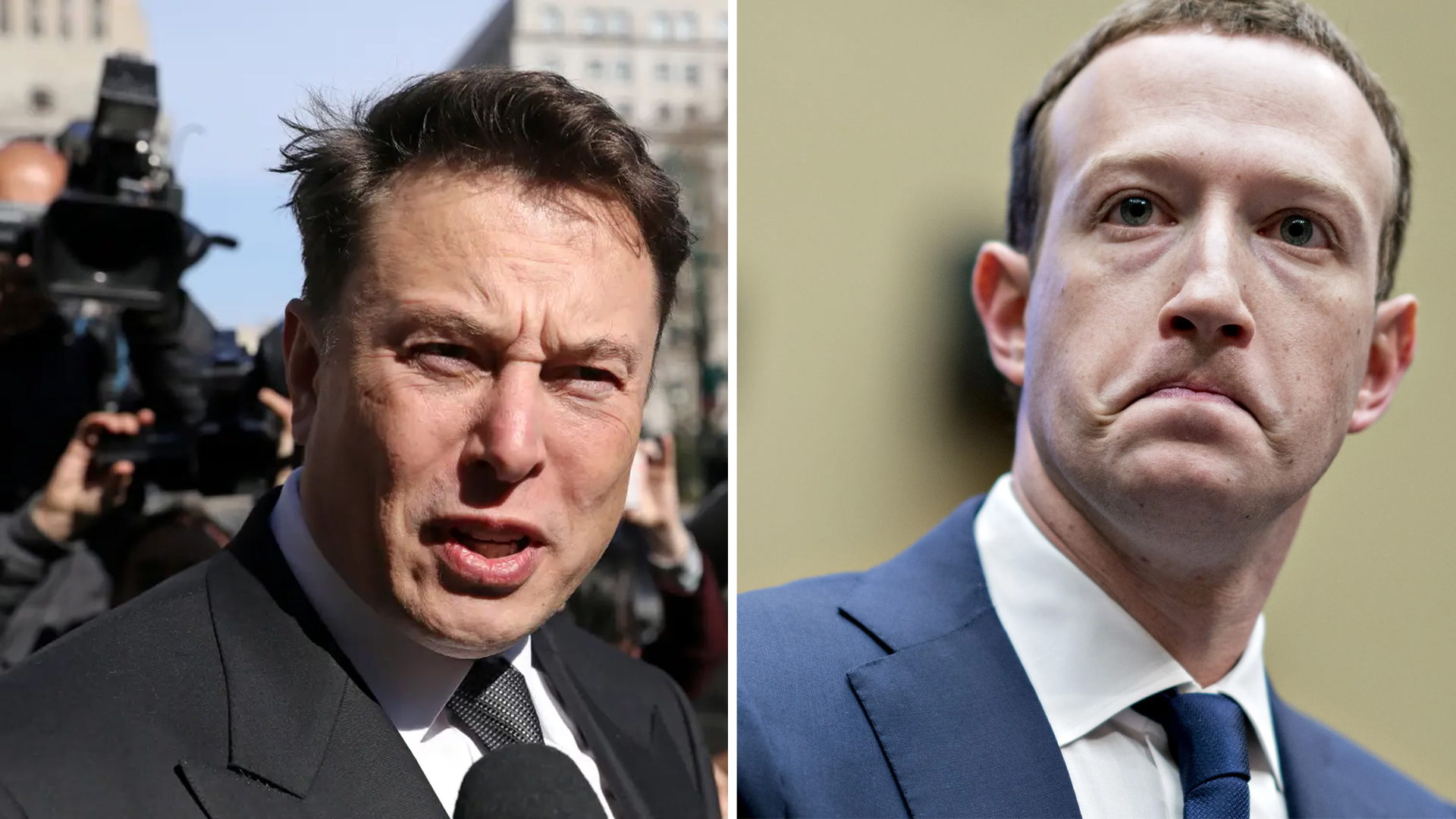In a dramatic escalation in the ongoing battle for social media supremacy, Twitter’s head, Elon Musk, has reportedly taken legal action against Mark Zuckerberg’s newly-launched platform, Threads. The lawsuit, which alleges that Threads has copied key features of Twitter, marks a new chapter in the rivalry between the two tech tycoons.
The narrative of the legal confrontation started to unfold when Threads was introduced by Meta, the company formerly known as Facebook. Threads was rolled out as a platform for ‘public conversations,’ aiming to provide an alternative space for users to engage in global discussions. However, the striking similarities between Threads and Twitter, most notably the concise, real-time conversational format, were quickly noticed by both users and industry observers.
Elon Musk, who took over Twitter after a $44 billion acquisition deal, didn’t mince words when addressing these observations. He accused Zuckerberg’s Threads of copying Twitter, signaling a legal battle that could potentially redefine the norms of social media functionality and intellectual property.
In the official statement released by Twitter, Musk emphasized that “Innovation is the lifeblood of the tech industry. However, Threads appears to cross the line from innovation to imitation.” Musk further elaborated that he believes in healthy competition, but “copying integral elements of Twitter’s unique platform is neither fair nor ethical.”
The lawsuit has ignited a storm of discussions across the global tech community. It prompts a crucial question – to what extent can one platform lay claim to specific features, such as microblogging or real-time commenting? If Musk’s lawsuit succeeds, it could establish a precedent that may stifle innovation and cause a significant shift in the future of social media platform development.
On the other side of the coin, Meta’s spokesperson responded to the accusations by asserting that “Threads is a unique platform that offers new possibilities for public conversation. While it’s true that some functionalities may seem familiar, we believe that we have created an experience that enhances user engagement in ways Twitter has not yet achieved.”
However, these words seem unlikely to deter Musk. Known for his unflinching approach, Musk’s decision to sue appears to be in line with his usual forthright manner. As the head of Twitter, he seems to be ready to go to great lengths to protect what he perceives to be the platform’s unique identity.
As the lawsuit progresses, it will be fascinating to watch how the court untangles the web of complexities related to social media features and intellectual property rights. Will the court decide that Threads has indeed infringed upon Twitter’s uniqueness, or will it rule in favor of innovation and market competition? The outcome of this legal battle will have far-reaching implications, potentially changing the landscape of social media development for years to come.
In the broader context, this case could be a wake-up call for social media giants and other tech companies. They may have to reconsider their strategies when developing new features or platforms to avoid such litigation in the future. But one thing is for sure; as we await the court’s decision, the lawsuit will undoubtedly keep the rivalry between Musk and Zuckerberg in the global spotlight, further stirring the intrigue of this high-stakes social media duel.
Despite the seriousness of the allegations and the impending legal battle, the ceaseless innovation and competition in the social media industry show no signs of slowing down. Whether the lawsuit will act as a catalyst for change or merely another headline in the saga of tech titan rivalry, only time will tell. As spectators, we can only wait and watch as this riveting story unfolds, setting the stage for the next era of social media evolution.

